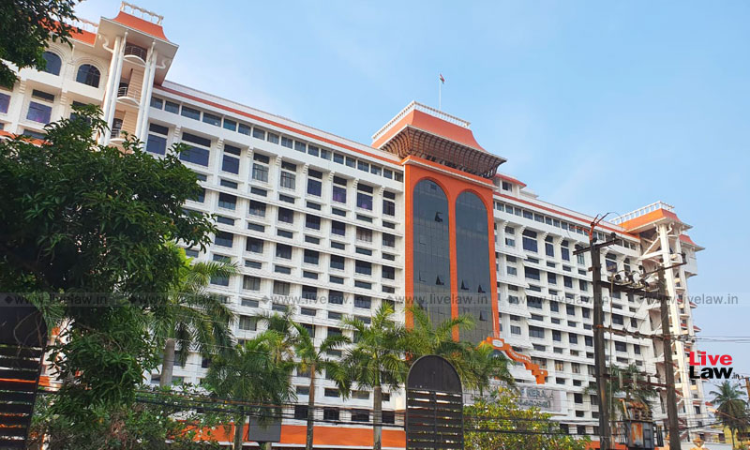The Kerala High Court has ruled that a Court cannot waive the payment of interest while exercising its jurisdiction under Article 226 of the Constitution, since it is a statutory imposition. Justice Gopinath P dismissed a plea seeking a waiver of interest imposed by the respondent authorities on the petitioner for its failure to meet the export requirements under an advance...

